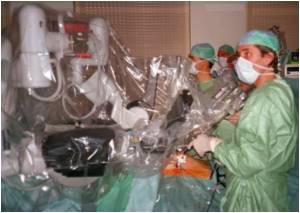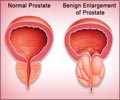Screening for prostate cancer has provoked controversies as critics claim the procedure involves unnecessary biopsies and treatment that does not seem to lessen the risk of death.

While 1,494 men were randomly selected for screening, every three years during a period of 20 years, there were 7,532 men who were not screened. The screening includes a rectal exam and a blood test, called PSA that looks for high levels of prostate specific antigen.
Yet, a high PSA may exist due to a benign enlargement of the prostate or inflammation. If the PSA levels do indicate cancer, treatment procedures could result in erectile dysfunction, urinary incontinence and bowel symptoms.
Also, Gabriel Sandblom of the Karolinska Institute in Sweden and colleagues say, "After 20 years of follow-up, the rate of death from prostate cancer did not differ significantly between men in the screening group and those in the control group."
Experts agree that a better measurement tool is needed to identify the cancers that actually need treatment. And it is an urgent need as prostate cancer is one of the leading causes for death in Europe and the US.
Advertisement


![Prostate Specific Antigen [PSA] & Prostate Cancer Diagnosis Prostate Specific Antigen [PSA] & Prostate Cancer Diagnosis](https://images.medindia.net/patientinfo/120_100/prostate-specific-antigen.jpg)











